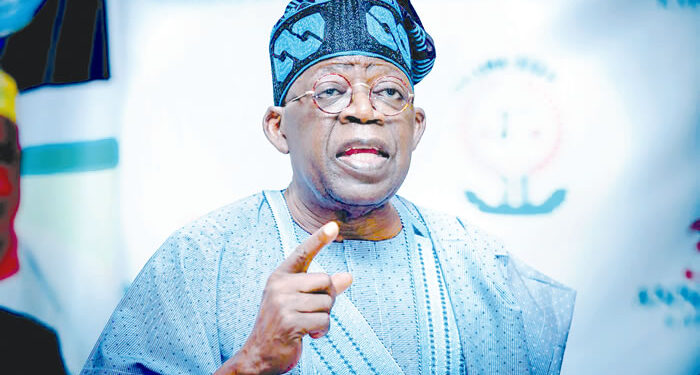By Umar Ardo, Ph.D
Last week, President Bola Ahmed Tinubu announced a state pardon for several Nigerians, dead and alive. What should have been an act of reconciliation has instead become a display of confusion – a fumbling exercise by a government increasingly adrift in both purpose and perception!
2. Other than the immoral aspect of pardoning murderers, drug traffickers, looters of public treasury, kidnappers, etc., among those ‘pardoned’ was Sir Herbert Macaulay, who, according to the president, was convicted in 1913. That single entry of Sir Macaulay exposes the historical and legal absurdity of the entire exercise. To begin with, there was no Nigeria in 1913. The nation-state called Nigeria came into existence only on January 1, 1914, following the British amalgamation of the Northern and Southern Protectorates and the Colony of Lagos. So under what Nigerian law or statute is the president purporting to grant this pardon? Which sovereign entity’s offence is he forgiving – that of the Protectorate of Southern Nigeria, the Colony of Lagos or the Nigeria that did not yet exist?
3. Even more curious, Sir Herbert Macaulay is not a disgraced figure in Nigerian history. He is one of our foremost nationalists, widely celebrated as the father of modern Nigerian nationalism. His portrait long adorned the ₦1 note (now coin), and he remains an enduring symbol of patriotism and courage. If previous governments found him worthy of such national honour, how can this administration now treat him as a criminal requiring pardon? This bizarre gesture reveals something deeper: a presidency out of touch with history and reality, groping for relevance as public confidence in its ability and sincerity continues to evaporate.
4. It is clear that President Tinubu’s government has lost the trust of the people, as his economic policies have unleashed hardship on millions, wiping out savings, crippling businesses and pushing families into poverty. Inflation soars, unemployment festers and insecurity persists unchecked. Rather than confront these crises with competence and clarity, the president reaches for shallow optics – symbolic act of pardon that means nothing and solves nothing! Meanwhile, his nepotistic appointments and visible bias toward his own kinsmen have further alienated most Nigerians. The result is a government that speaks of national unity but practises sectionalism; that preaches reform but delivers confusion.
5. The pardon of Herbert Macaulay is therefore not an act of statesmanship – it is an emblem of disarray, a sign that those at the helm neither grasp history nor understand governance. It exposes a leadership preoccupied with theatrics when the nation cries out for direction. If President Tinubu truly seeks to rebuild public trust, he must abandon these hollow performances and focus on substance. Nigerians are not asking for meaningless gestures. They are asking for relief from hunger, security from terror, jobs for the youth and fairness in leadership.
6. History will not remember how many posthumous pardons a president granted, but how he rescued his nation from despair. On that score, this government remains guilty – and no presidential pardon can wash that away.

